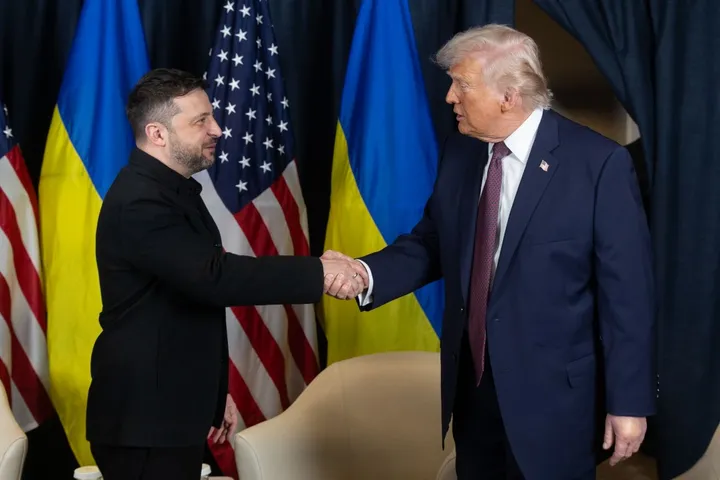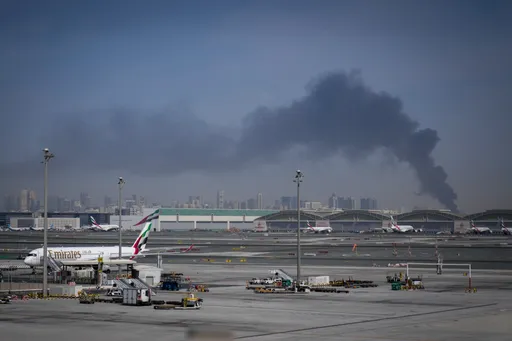Far-right populism and Euroscepticism
Since the last European election in 2014 there has been a sharp rise in populist and far-right movements across the continent. These movements have enjoyed success at the ballot box in Italy, Finland, Estonia, Greece, Spain, France, Austria, Germany, and the UK, among others.
In recent years, France’s National Rally (formerly the National Front) leader, Marine Le Pen has made it to the final round of the presidential elections, and the populist Northern League and Five Star Movement parties have formed a coalition government in Italy.
In the run-up to the 2019 election, far-right groups are looking at new ways of cooperation to increase their influence across Europe.
Last month Italian Deputy Prime Minister Matteo Salvini, the leader of the Northern League party, met with like-minded leaders from across Europe in Milan. They called for a united far-right movement with the next European Parliament.
Brexit
In a major concession, British Prime Minister Theresa May on Tuesday offered UK lawmakers the chance to vote on whether to hold a new referendum on the country’s membership in the European Union, but only if they back her Brexit agreement, which has already been rejected three times.
May made the offer as part of attempts to persuade Parliament to back a divorce agreement that will allow the UK to leave the EU in an orderly fashion. She plans to ask the House of Commons to vote in early June on a withdrawal agreement bill, in what she called a “last chance” to seal a Brexit deal.
Having voted to leave the EU in a seismic referendum in 2016, Britain was originally meant to depart on March 29 and therefore not take part in these elections.
But its MPs have not been able to agree on a divorce deal and Britain now finds itself in the situation of electing lawmakers to an institution it is planning to leave.
The Brexit Party, formed only this year by Eurosceptic figurehead Nigel Farage, is leading the latest British opinion polls by a solid margin.
Refugee crisis
The number of refugees making their way to Europe has declined dramatically since a peak in 2015.
In 2018, less than 100,000 migrants and refugees came to Europe, down from a high of more than a million in 2015.
Authorities recorded around 155,000 non-Europeans coming to Europe as refugees or illegally in 2017. Whereas in 2016 the numbers stood at 338,000.
According to the International Organization for Migration (IOM) the preferred route for many migrants is still through the Mediterranean.
Far-right parties have used fear of refugees to rally support for their anti-immigration policies.
Climate change crisis
Polls from April show that climate change is one of the most significant issues for voters.
The outgoing parliament had supported a number of measures to stop global warming, such as backing specifications for internal combustion engines and targets for green electricity, and energy efficiency. This trend is unlikely to change in the coming parliament, as the Paris Climate Treaty takes effect in 2020.
So far emissions are down 40 percent on 1990 levels. New measures to lower them even further, may include charging for exceeding CO₂ limits.























